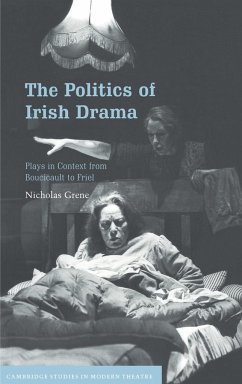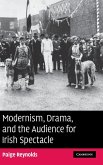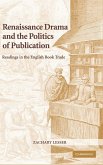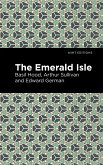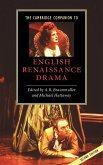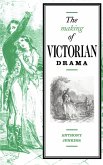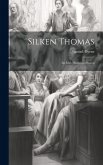In this book Nicholas Grene explores political contexts for some of the outstanding Irish plays from the nineteenth century to the contemporary period. The politics of Irish drama have previously been considered primarily the politics of national self-expression. Here it is argued that Irish plays, in their self-conscious representation of the otherness of Ireland, are outwardly directed towards audiences both at home and abroad. The political dynamics of such relations between plays and audiences is the book's multiple subject: the stage interpretation of Ireland from The Shaughraun to Translations; the contentious stage images of Yeats, Gregory and Synge; reactions to revolution from O'Casey to Behan; the post-colonial worlds of Purgatory and All that Fall; the imagined Irelands of Friel and Murphy, McGuinness and Barry. With its fundamental reconception of the politics of Irish drama, this book represents a new view of the phenomenon of Irish drama itself.
Table of contents:
Acknowledgements; Introduction; 1. Stage interpreters; 2. Strangers in the house; 3. Shifts in perspective; 4. Class and space in O'Casey; 5. Reactions to revolution; 6. Living on; 7. Versions of pastoral; 8. Murphy's Ireland; 9. Imagining the other; Conclusion: a world elsewhere; Notes; Bibliography; Index.
The Politics of Irish Drama analyses some twenty-five of the best-known Irish plays from Dion Boucicault to Sebastian Barry, including works of Shaw, Yeats, Lady Gregory and Beckett. The book looks at political contexts for these plays and shows Irish drama to be an international as much as national phenomenon.
The Politics of Irish Drama analyses some twenty-five of the best-known Irish plays from Dion Boucicault to Sebastian Barry.
Hinweis: Dieser Artikel kann nur an eine deutsche Lieferadresse ausgeliefert werden.
Table of contents:
Acknowledgements; Introduction; 1. Stage interpreters; 2. Strangers in the house; 3. Shifts in perspective; 4. Class and space in O'Casey; 5. Reactions to revolution; 6. Living on; 7. Versions of pastoral; 8. Murphy's Ireland; 9. Imagining the other; Conclusion: a world elsewhere; Notes; Bibliography; Index.
The Politics of Irish Drama analyses some twenty-five of the best-known Irish plays from Dion Boucicault to Sebastian Barry, including works of Shaw, Yeats, Lady Gregory and Beckett. The book looks at political contexts for these plays and shows Irish drama to be an international as much as national phenomenon.
The Politics of Irish Drama analyses some twenty-five of the best-known Irish plays from Dion Boucicault to Sebastian Barry.
Hinweis: Dieser Artikel kann nur an eine deutsche Lieferadresse ausgeliefert werden.

